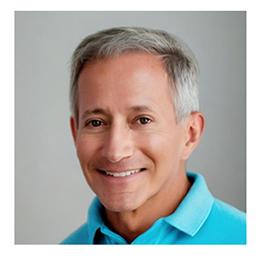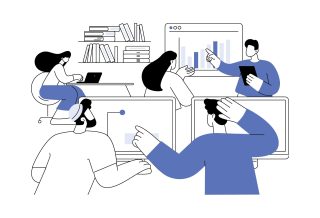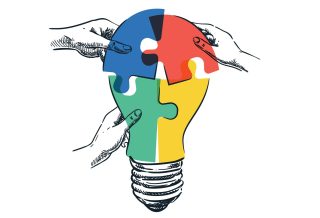FOCUS
In professional learning, form should follow function
By Thomas R. Guskey
Categories: Learning designs, OutcomesFebruary 2025
Read the remaining content with membership access. Join or log in below to continue.
Sed ut perspiciatis unde omnis iste natus error sit voluptatem accusantium doloremque laudantium, totam rem aperiam, eaque ipsa quae ab illo inventore veritatis et quasi architecto beatae vitae dicta sunt explicabo. Nemo enim ipsam voluptatem quia voluptas sit aspernatur aut odit aut fugit, sed quia consequuntur magni dolores eos qui ratione voluptatem sequi nesciunt. Neque porro quisquam est, qui dolorem ipsum quia dolor sit amet, consectetur, adipisci velit, sed quia non numquam eius modi tempora incidunt ut labore et dolore magnam aliquam quaerat voluptatem.
References
Boylan, M., Coldwell, M., Maxwell, B., & Jordan, J. (2017). Rethinking models of professional learning as tools: A conceptual analysis to inform research and practice. Professional Development in Education, 44(1), 120-139.
Cetin, C. & Bayrakci, M. (2019). Teacher professional development models for effective teaching and learning in schools. The Online Journal of Quality in Higher Education, 6(1), 32-38.
Covey, S.R. (2004). The 7 habits of highly effective people. Free Press.
Guskey, T.R. (2017). Where do you want to get to? Evaluating the effectiveness of professional learning experiences. The Learning Professional, 38(2), 32-37.
Guskey, T.R. (2000). Evaluating professional development. Corwin Press.
Guskey, T.R. (2024). Look beyond the satisfaction survey: A framework to evaluate results of professional learning. The Learning Professional, 45(1), 28-33.
Guskey, T.R., Fisher, D., & Frey, N. (2024). The unwinnable battle over minimum grades. Educational Leadership, 82(2), 68-72.
Guskey, T.R., Roy, P., & von Frank, V. (2014). Reaching the highest standard in professional learning: Data. Corwin Press.
Joyce, B. & Calhoun, E. (2010). Models of professional development: A celebration of educators. Corwin Press.
Kraft, M.A. & Papay, J.P. (2014). Can professional environments in schools promote teacher development? Explaining heterogeneity in returns to teaching experience. Educational Evaluation and Policy Analysis, 36(4), 476-500.
Learning Forward. (2022). Standards for Professional Learning.
Martin, L.E., Kragler, S., Quatroche, D.J., & Bauserman, K.L (Eds.) (2015). Handbook of professional development in education: Successful models and practices, preK-12. Guilford Press.
Payne, C.M. (2008). So much reform, so little change: The persistence of failure in urban schools. Harvard Education Press.
Ravhuhali, F., Mashau, T., Kutame, P., & Mutshaeni, H.N. (2015). Teachers’ professional development models for effective teaching and learning in schools: What works best for teachers? International Journal of Educational Sciences, 11(1), 57-68.
Schmoker, M. (2019). Focusing on the essentials. Educational Leadership, 77(1), 30-35.
SERC. (2024). Models of professional development. ctserc.org/news/2013-2000/models-of-professional-development
Taylor, J.A., Getty, S.R., Kowalski, S.M., Wilson, C.D., Carlson, J., & Van Scotter, P. (2015). An efficacy trial of research-based curriculum materials with curriculum-based professional development. American Educational Research Journal, 52(5), 984-1017.

Thomas R. Guskey, PhD, is Professor Emeritus in the College of Education, University of Kentucky. He is a longtime member of Learning Forward, best known for his work on teacher change and on planning, implementing, and evaluating effective professional learning. Contact him by email at guskey@uky.edu, on X at @tguskey, or at www.tguskey.com.
Categories: Learning designs, Outcomes
Recent Issues
BUILDING BRIDGES
December 2024
Students benefit when educators bridge the continuum of professional...
CURRICULUM-BASED PROFESSIONAL LEARNING
October 2024
High-quality curriculum requires skilled educators to put it into...
LEARNING TO PIVOT
August 2024
Sometimes new information and situations call for major change. This issue...
GLOBAL PERSPECTIVES
June 2024
What does professional learning look like around the world? This issue...












